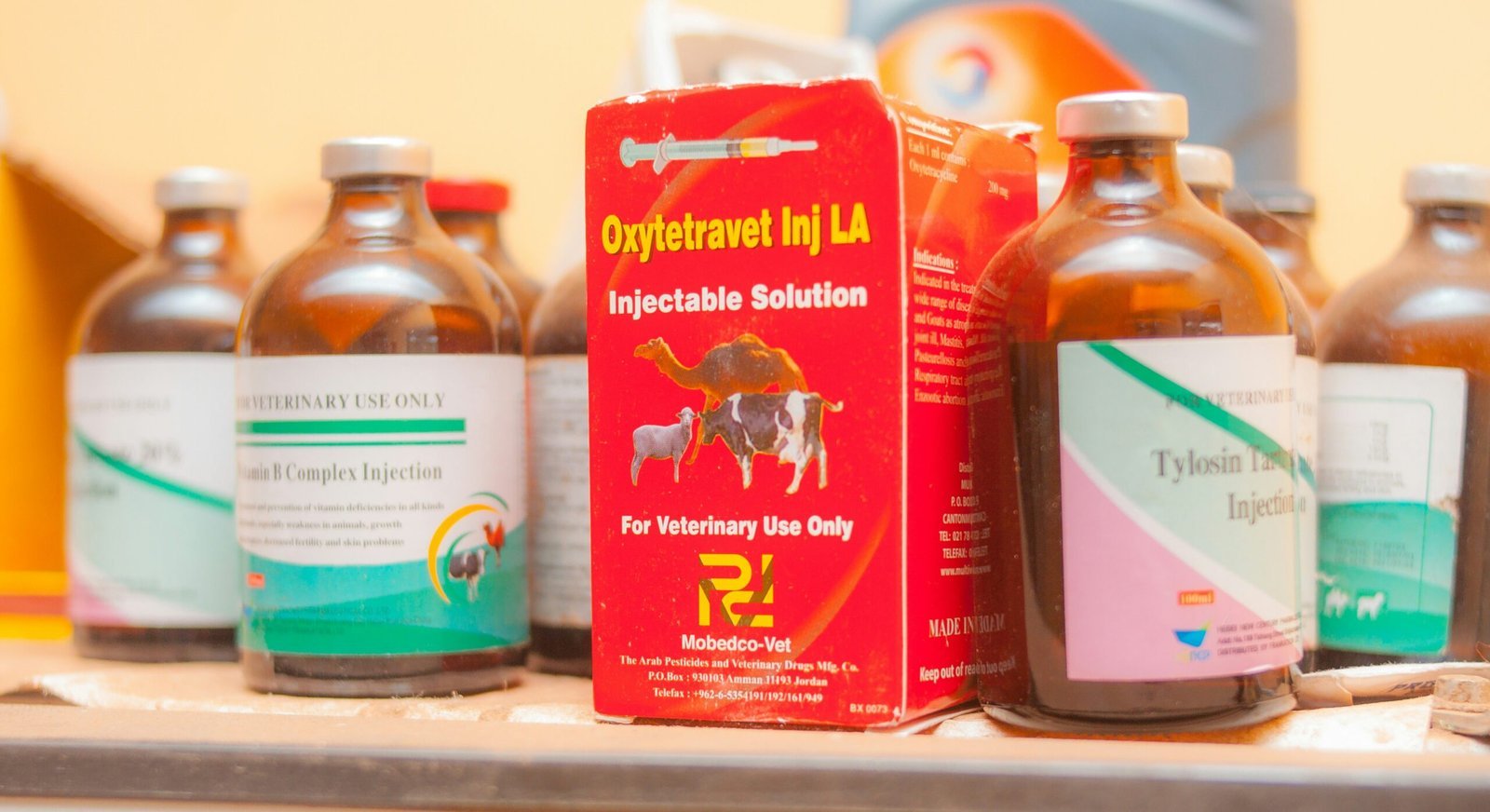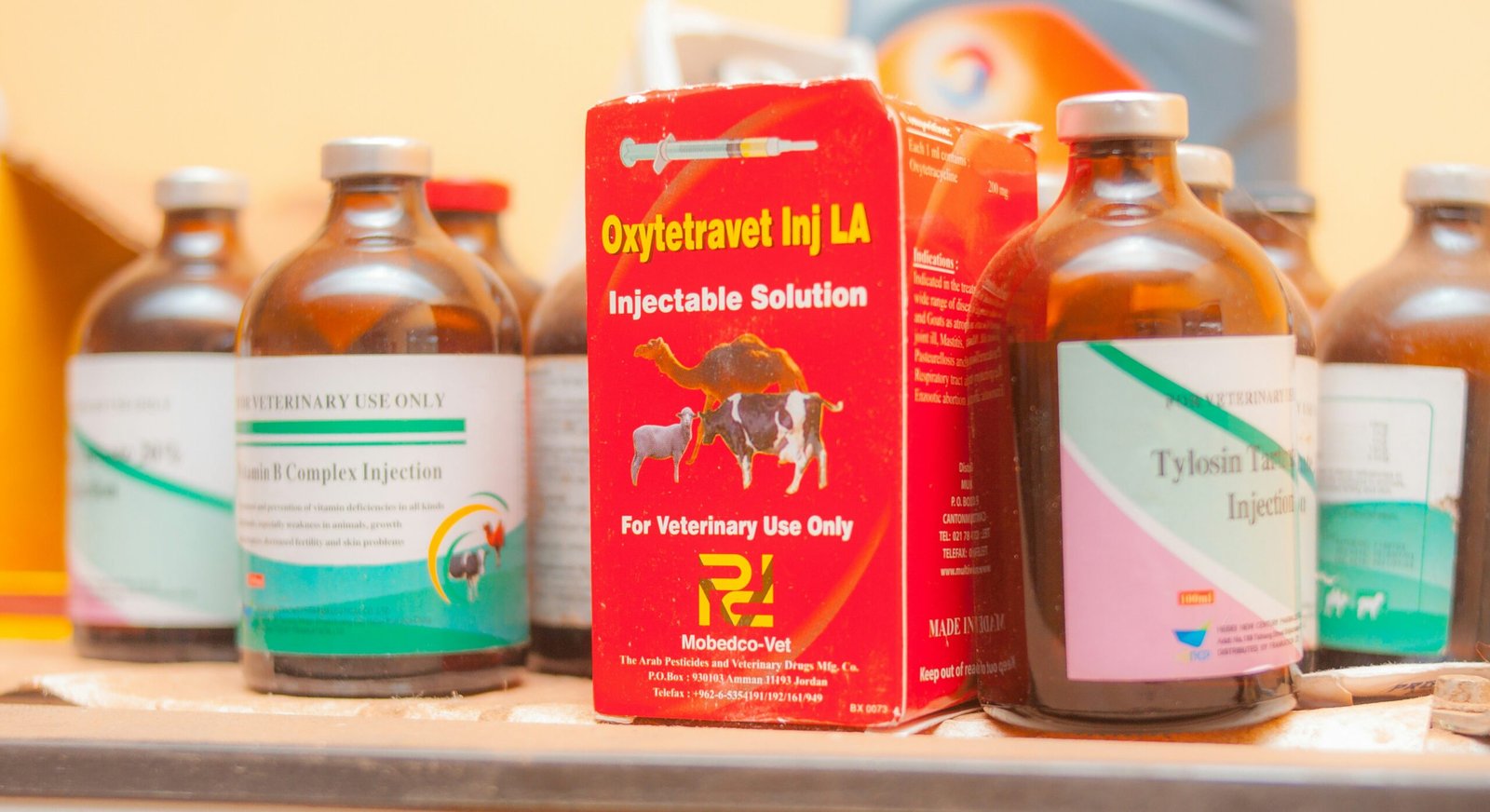
What is a Veterinary Technician?
A veterinary technician, also known as a vet tech, is a trained professional who assists veterinarians in providing medical care to animals. They work in veterinary clinics, animal hospitals, research facilities, and other animal care settings.
Education and Training
To become a veterinary technician, one must complete a two-year associate degree program in veterinary technology. These programs are offered at community colleges and vocational schools.
The coursework typically includes classes in animal anatomy and physiology, veterinary pharmacology, radiology, anesthesia, and surgical techniques. Students also gain hands-on experience through internships or clinical rotations.
Job Responsibilities
Veterinary technicians have a wide range of responsibilities in the veterinary clinic or hospital. Some of their duties include:
- Assisting veterinarians in examinations and surgeries
- Taking and developing x-rays
- Administering medications and vaccines
- Collecting and analyzing lab samples
- Providing nursing care to hospitalized animals
- Monitoring vital signs and anesthesia during procedures
- Providing client education on animal care and medications
Certification and Licensing
In order to practice as a veterinary technician, individuals must pass the Veterinary Technician National Examination (VTNE) after completing their education. This exam is administered by the American Association of Veterinary State Boards (AAVSB).
Some states also require veterinary technicians to obtain a license in addition to certification. Licensing requirements may include passing a state-specific exam or completing continuing education credits.
Career Outlook
The demand for veterinary technicians is expected to grow in the coming years. According to the Bureau of Labor Statistics, employment of veterinary technicians is projected to increase by 16% from 2019 to 2029, much faster than the average for all occupations.
Veterinary technicians can find employment in a variety of settings, including private veterinary practices, animal hospitals, research facilities, zoos, and government agencies. They may also choose to specialize in areas such as dentistry, anesthesia, or emergency and critical care.
Salary
The salary of a veterinary technician can vary depending on factors such as experience, location, and type of employer. According to the Bureau of Labor Statistics, the median annual wage for veterinary technicians was $36,260 in May 2020.
However, it is important to note that salaries can vary significantly depending on the geographic location and the demand for veterinary technicians in that area.
Conclusion
Veterinary technicians play a crucial role in providing quality care to animals. Their education, training, and dedication make them valuable members of the veterinary healthcare team. If you have a passion for animals and a desire to help them, a career as a veterinary technician may be a great fit for you.
